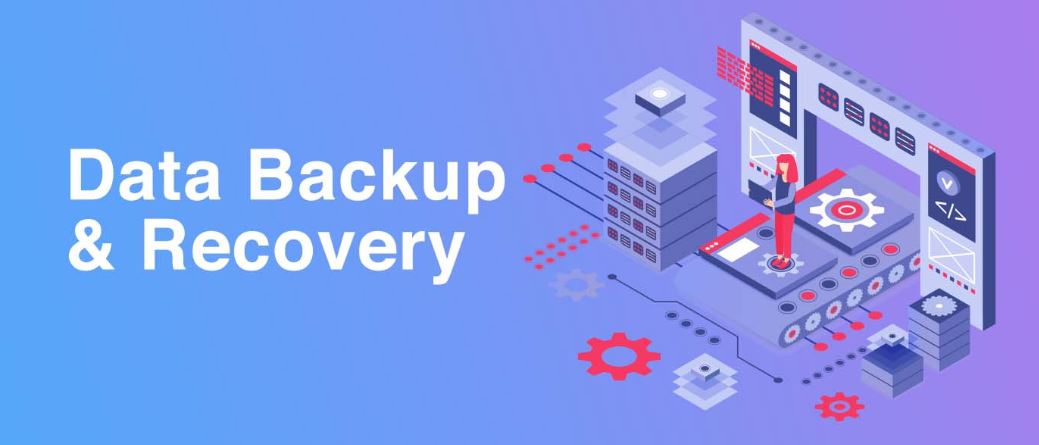How Does Backup and Data Recovery Work in the Cloud?
Losing critical data due to hardware failure, human error, or a cyber attack can be devastating for any organization. That’s where cloud-based backup and data recovery solutions come in. In this article, we’ll explore how backup and data recovery work in the cloud.
First, let’s define what we mean by “the cloud.” Simply put, the cloud refers to a network of remote servers that store and manage data and applications, rather than relying on local servers or personal computers. Cloud-based services are provided by third-party providers who operate and manage the servers, storage, and networking infrastructure required to deliver these services.
When it comes to backup and data recovery, cloud-based solutions offer several advantages over traditional on-premises solutions. One of the biggest advantages is scalability. With cloud-based backup solutions, businesses can easily increase or decrease their storage and processing capacity as needed, without having to invest in additional hardware or software. This makes it easy to scale up or down as business needs change, without incurring significant capital expenditures.
Another advantage of cloud-based backup and data recovery is the level of redundancy and data protection that it provides. With traditional on-premises backup solutions, businesses must rely on physical backups stored in a separate location. In contrast, cloud-based solutions replicate data across multiple servers and data centers, providing a high level of redundancy and ensuring that data is always available, even in the event of a disaster.
So, how does backup and data recovery work in the cloud? Let’s take a closer look.
Backup:
Cloud-based backup solutions typically work by automatically backing up data from local devices to remote servers hosted in the cloud. This can be done using a variety of methods, including scheduled backups or continuous data protection. The data is typically encrypted during transmission and at rest, ensuring that it remains secure and confidential.
Data Recovery:
In the event of data loss or corruption, cloud-based data recovery solutions provide a fast and efficient way to restore data. Businesses can typically restore data from backups stored in the cloud using a simple web-based interface or API. This can be done from anywhere with an internet connection, making it easy to recover data even if the local infrastructure is damaged or inaccessible.
In conclusion, cloud-based backup and data recovery solutions offer a number of advantages over traditional on-premises solutions. They provide a high level of redundancy, scalability, and data protection, making them an ideal choice for businesses of all sizes. If you’re looking for data backup in San Diego or managed IT service in LA, consider exploring cloud-based backup and data recovery solutions to keep your critical data safe and secure.



